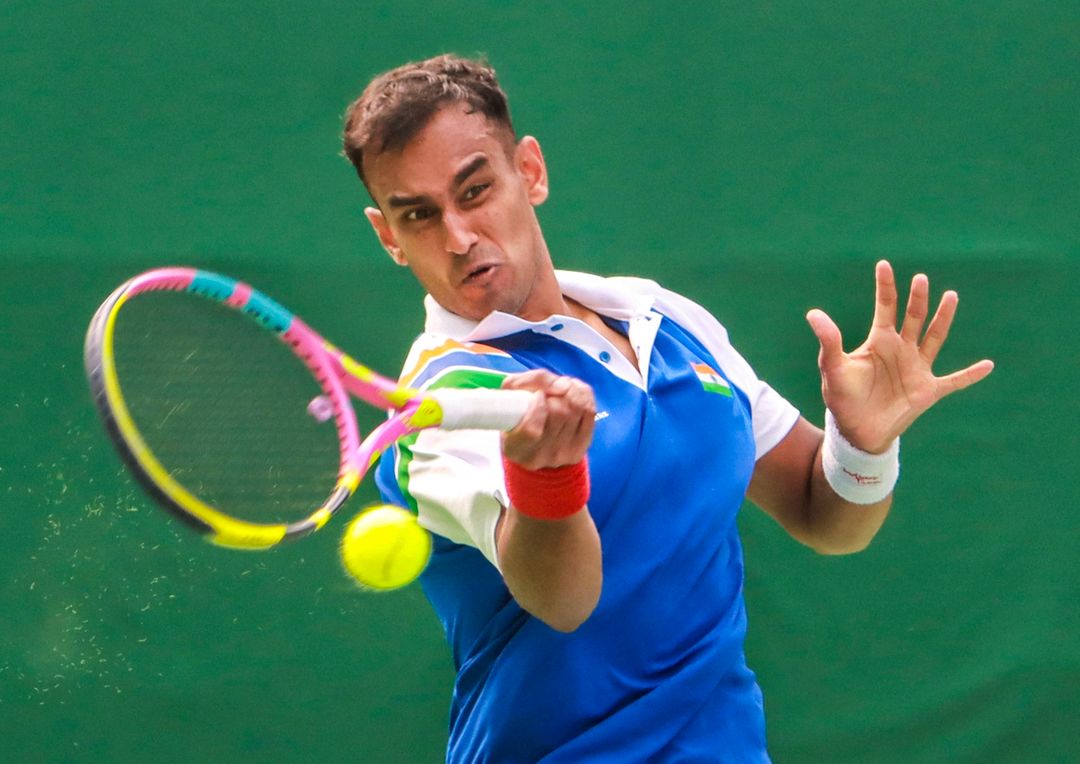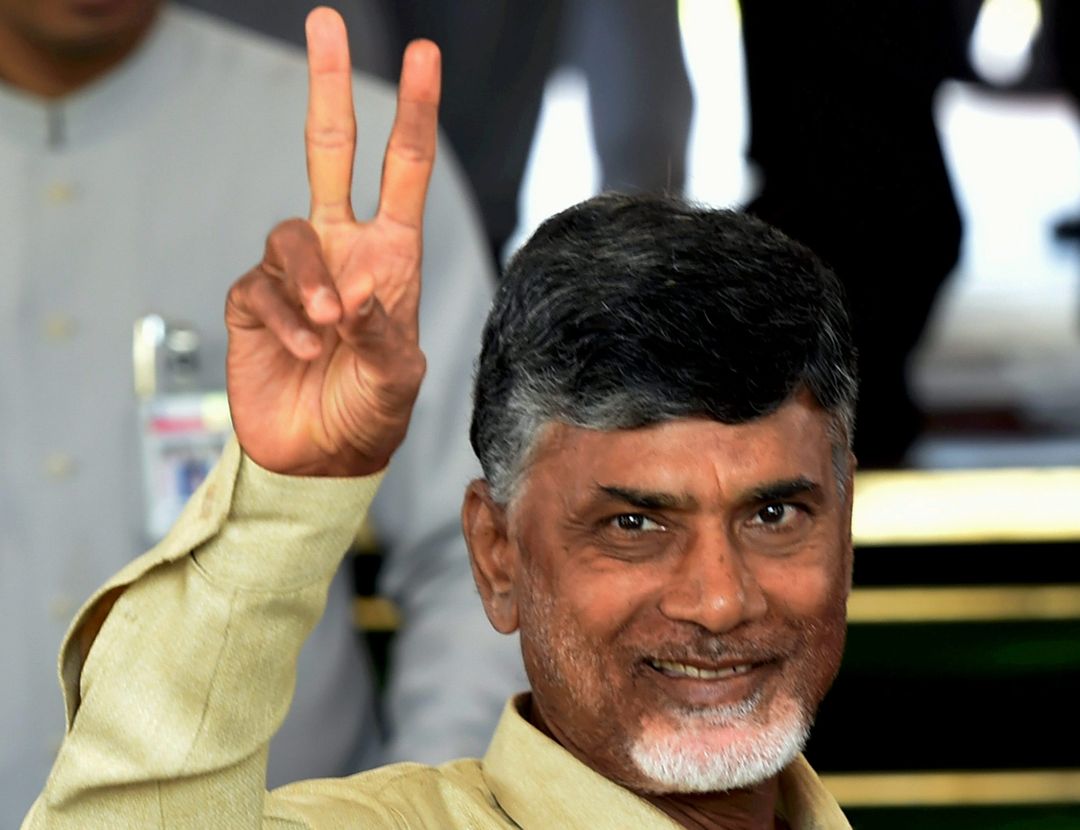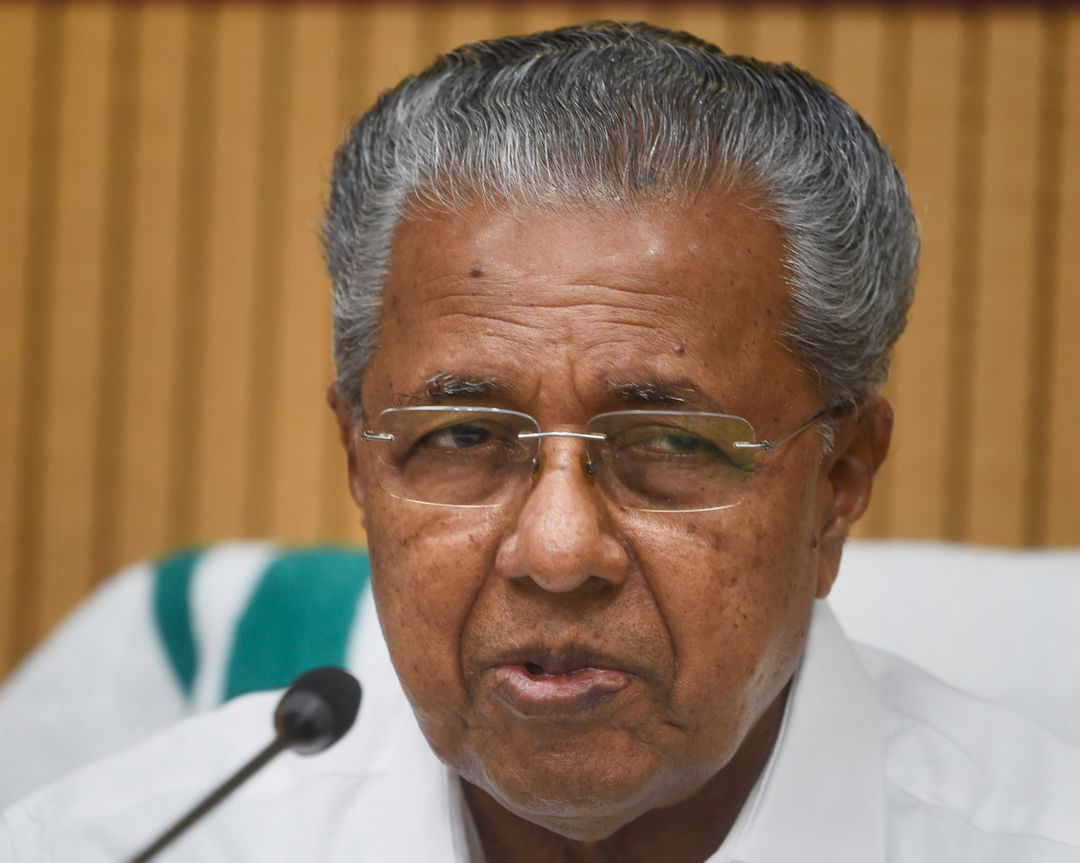
New Delhi, Feb 2 (PTI) – In sports, success often hinges on the smallest of details. A misplaced call, a restless night, or even a subpar breakfast can disrupt an athlete’s rhythm. Tennis legend Mahesh Bhupathi once highlighted this, emphasizing that seemingly insignificant factors could make or break a player's performance.
For elite athletes, finding their zone is crucial. Leander Paes, for instance, preferred complete solitude before a match, ensuring no external distractions interfered with his mental preparation. The recent Davis Cup tie against Togo underscored the power of such meticulous attention to detail, as the Indian team embraced a revamped approach that significantly boosted morale and performance.
A Culture Shift in the Indian Davis Cup Camp
Although India’s dominance over Togo was never in question, subtle changes within the team’s setup made a visible impact. The atmosphere was transformed, fostering a sense of unity and camaraderie that was evident from preparation to execution.One of the key modifications was maintaining the sanctity of the locker room and player lounge. Unlike in previous ties, the All India Tennis Association (AITA) officials were kept out, ensuring that the players had an undisturbed, exclusive space.
Under the guidance of new coach Ashutosh Singh, discipline was reinforced. If training was scheduled for 11 AM, the first ball was struck exactly at 11 AM—no delays, no exceptions. Every session was executed with precision, whether it was focused on serves, rallies, or tactical drills.
For the first time, the Indian team had three physiotherapists dedicated to player wellness, a move that helped players stay physically and mentally refreshed. The impact was evident in their energy levels, confidence, and overall team spirit.
A Unified Team, On and Off the Court
The team’s newfound synergy was palpable, extending beyond practice sessions into press interactions and casual moments. Captain Rohit Rajpal playfully exposed Ramkumar Ramanathan’s history of pranking Sasikumar Mukund, only for Ramkumar to reveal that even the captain had been part of the mischief.The inclusivity within the squad was another highlight. When Karan Singh was asked whether he was disappointed at missing a live rubber, Mukund immediately responded with maturity, reinforcing that every team member—whether on the court or on the bench—was equally important.
“This is the best team environment we’ve had,” Mukund observed. “When you have a group of eight players who bond well with no internal differences, you gain an edge. The physiotherapists—Dr. Kanhaiya, Dr. Das, and Abhimanyu sir—were not just helping us recover; they were friends, mentors, and stress relievers.”
Coach Ashutosh Singh, who described his approach as being akin to Rahul Dravid’s calm and methodical coaching, emphasized the importance of personality over technical coaching. “Players at this level don’t need much technical tweaking. My role is to understand them as individuals and bring out the best in them,” he stated.
Mukund also praised the team’s well-maintained atmosphere, crediting Rajpal for keeping unnecessary individuals away from the players’ lounge. “I didn’t see certain faces that usually hover around, creating distractions. That made a difference,” he remarked.
Beyond the Court: AITA’s Role in Indian Tennis Development
While India’s recent Davis Cup performance was encouraging, Mukund and others pointed out areas where the AITAcould further assist players in their professional journeys.Captain Rajpal acknowledged that past AITA leadership lacked focus on player development, but he assured that things were changing. “We had started the National Tennis Centre, and though it’s currently shut, we are planning a new initiative. We’re even in discussions with the Rafael Nadal Academy in Spain for a development program,” he revealed.
Veteran Rohan Bopanna has already taken proactive steps, launching a support program for Indian players to travel with coaches and trainers. This initiative has significantly benefited young talents who struggle with financial constraints.
Mukund highlighted two key areas where AITA could offer immediate support:
- Ensuring India’s top 20 players have access to quality training courts.
- Timely disbursement of prize money from AITA tournaments.
The Road Ahead
As India looks ahead to future Davis Cup ties, the importance of a cohesive team environment and structured training setup cannot be overstated. The recent tweaks in approach not only enhanced performance but also laid the foundation for a stronger, more united Indian tennis squad.With continued support from governing bodies and structured player development programs, India’s tennis future could be brighter than ever.
Last updated by a enewsx:

